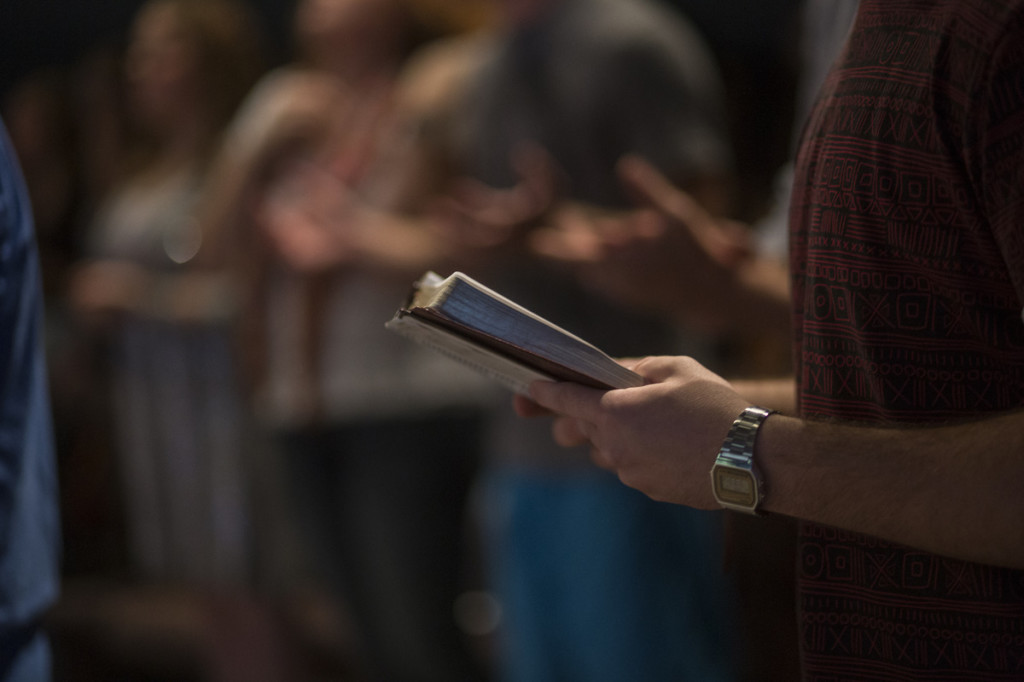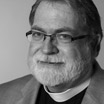I want to commend to you an article with up to the minute relevance, “If you’re going to be a Christian, you might as well go all the way.” Its author points out that the churches that have actually grown in North America from 2007-2014 are those that have embraced an uncompromising, Biblical definition of marriage (one man, one woman, for life). According to the research, even though America is less Christian than it used to be and even though American Christians are facing incredible pressure to conform to the culture, the most conservative, Evangelical Protestant churches (Southern Baptist Convention, Assemblies of God, Churches of Christ, Lutheran Church-Missouri Synod and Presbyterian Church in America) actually increased their membership by a combined total of 2 million! As the author, Donna Carol Voss points out,
“In an era where a pro-traditional marriage stance can close your business, drain your savings, and bury you in social media hate, every one of these churches in this last group takes an absolutist stance against gay marriage and the ordination of gay clergy. The currents of social change are flowing downstream and with them, a number of Christian churches, which perhaps coincidentally are also shrinking in size. The Christian churches swimming upstream in no uncertain terms, again perhaps coincidentally, are growing stronger.”
If the data is accurate, it is an astonishing witness to some basic truths from the Bible.
The church grows when it is persecuted.
Following the martyrdom of St. Stephen in Acts 7, a great persecution against the followers of Jesus Christ broke out in Jerusalem, with Saul (soon to become the Apostle Paul) “destroying the church,” going house to house, dragging faithful men and women off to prison (Acts 8:1-3). But in the very next verse we read “Those who had been scattered preached the word wherever they went.” (Acts 8:4) There began the explosive growth of the church as persecuted missionaries went throughout the known world sharing the transforming love of Jesus Christ in word and deed. Where Christians stand firm in their faith on every issue in life, including moral issues like marriage and abortion, they give testimony to the fact that our identity is not in our gender, sexual orientation, job, race or socio-economic class—our identity and our restless hearts find their final rest and fulfillment in Christ Jesus alone! (see Ephesians 1). When this message is shared with conviction, in love and at great personal cost, it gives integrity to our witness and turns people to Jesus Christ.
But it is not only such authenticity that attracts people to Jesus Christ, it is the costliness of that choice. There is something attractive about faith that is demanding. Not the “cheap grace” that Dietrich Bonhoeffer challenges in his classic The Cost of Discipleship: the “come as you are and stay as you are,” kind of faith that asks and risks so little. Such an insipid Christianity is no match for a culture which passionately demands obedience to its own set of politically and culturally correct values. Instead, it is a Christianity which stands toe-to-toe with the culture and proclaims a faith in Jesus Christ and his values with even more passion—this is what attracts people to the church. Because this “costly grace” is at the heart of true discipleship. In fact, this cost in following Jesus Christ and his word brings us face to face with an even greater cost, as that great contemporary Dallas Willard observes:
“Non-discipleship costs abiding peace, a life penetrated throughout by love, faith that sees everything in the light of God’s overriding governance for good, hopefulness that stands firm in the most discouraging of circumstances, power to do what is right and withstand the forces of evil. In short, it costs exactly that abundance of life Jesus said he came to bring (John 10:10). The cross-shaped yoke of Jesus Christ is after all an instrument of liberation and power to those who live in it with him and learn the meekness and lowliness of heart that brings rest to the soul. .. The correct perspective is to see following Christ not only as the necessity it is, but as the fulfillment of the highest human possibilities and as life on the highest plane.” (The Spirit of the Disciplines)
In North America, it is socially, politically, and economically dangerous to be a member of a Christian church today that takes unpopular but biblical stands. It will become even more uncomfortable in the days ahead. Since 2007, two million people have chosen to make that costlier and more demanding choice, and as author Donna Carol Voss concludes: “perhaps because the fruit of the spirit they find in those churches is a pearl of great price (Matthew 13:45-46), greater than any transitory cost they may pay in mortality.”
The Rev. Canon Phil Ashey is CEO of the American Anglican Council.


